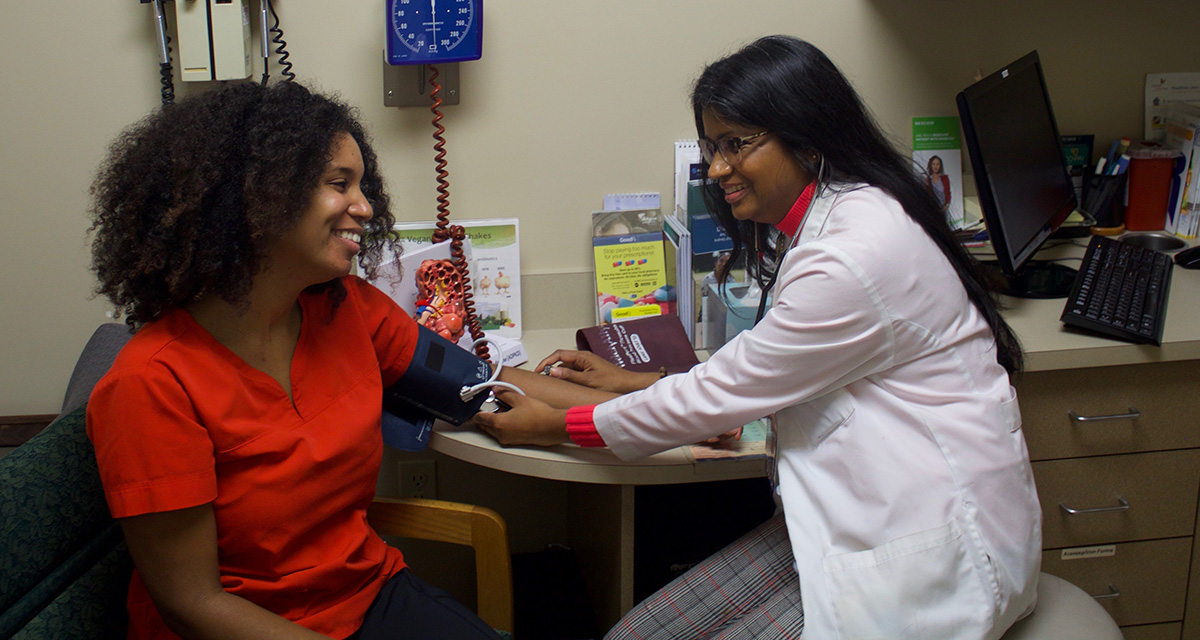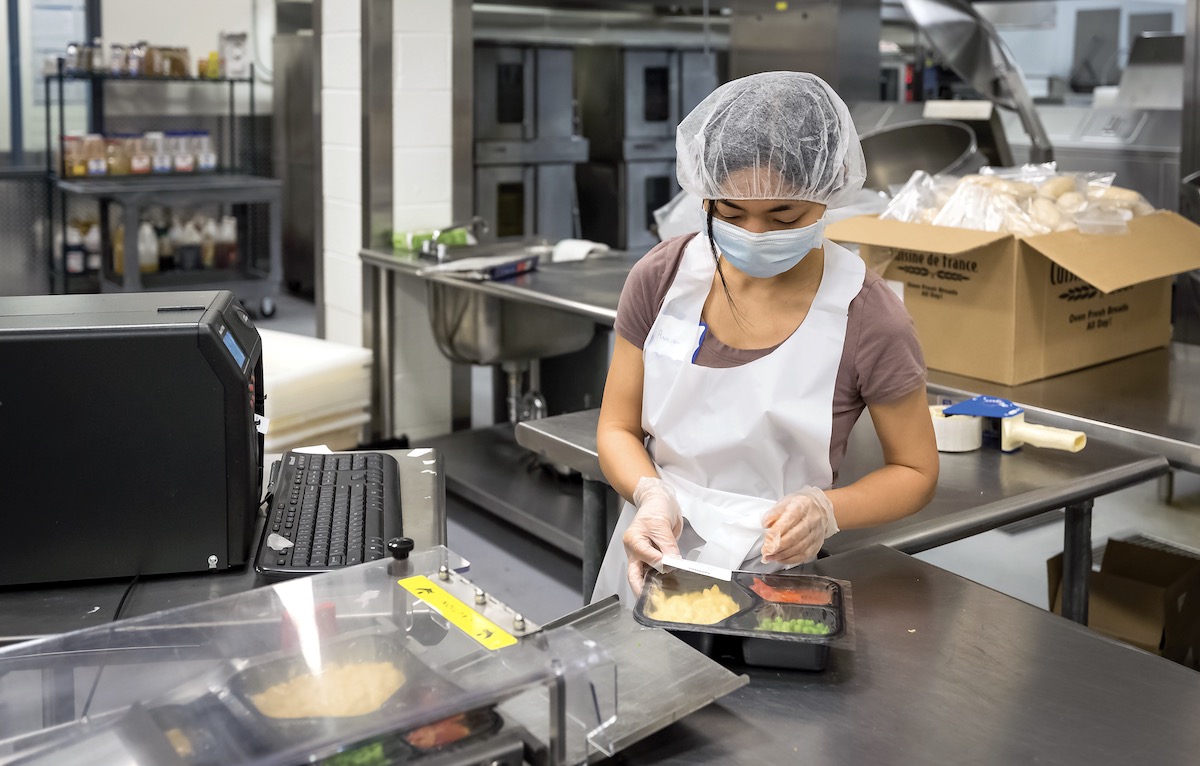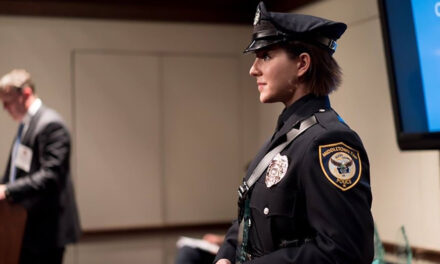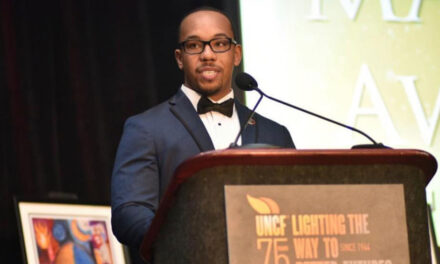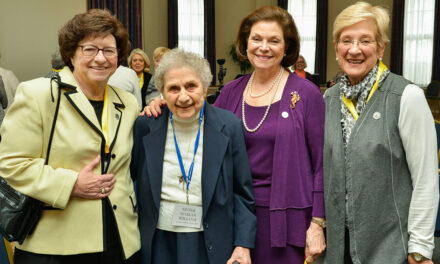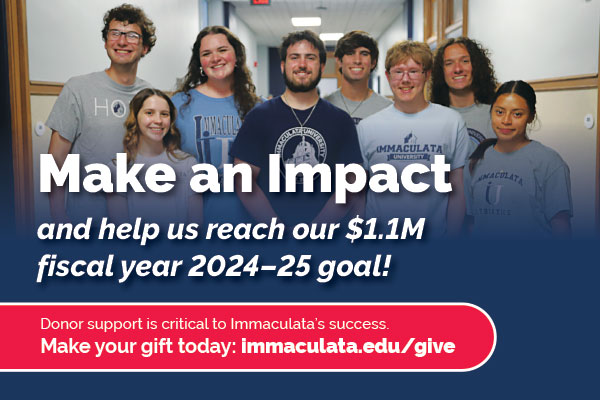As a resident of Seattle, Washington, Bernadette Thomas ’01, M.D., M.S., found herself in the middle of the early “hot bed” of the COVID-19 pandemic in the U.S. The clinical nephrologist continued to treat kidney patients even as the coronavirus rampaged through the state, hitting long-term care facilities especially hard. On February 29, 2020, Washington announced the first COVID-19 death in the U.S., as well as the first reported case of a health care worker.
Although Thomas is not professionally involved with fighting the COVID-19 pandemic, she, like many others, has a personal story. At a local hospital, Thomas encountered a researcher who was conducting a study on the flu within the Seattle area, which tracks how the flu spreads in communities. Thomas discovered that the principal investigator and infectious disease doctor was a friend and former classmate from her master’s program, Helen Chu. In March, COVID-19 was already in Washington State. Chu discovered where the virus was located within the community during those crucial early months. She suggested to health care officials that samples from the participants in the flu study also be tested for COVID-19. After pushback from officials, Chu published the test results on her own––alerting the public that the new virus “was everywhere.”
Thomas, a Philadelphia native, developed an interest in infectious disease as an Immaculata student when John Hill, Ph.D., professor of history, invited her to conduct research on Philadelphia’s experience during the 1832 cholera epidemic. She graduated with dual majors in biology/chemistry and biology/psychology. Thomas then earned a master’s degree in epidemiology from the University of Washington and attended Temple University to pursue a medical career in nephrology. From 2012 to 2016, Thomas worked for the University of Washington’s Institute for Health Metrics and Evaluation as a content expert, and later, as a kidney disease modeler. She is in private practice and continues to serve as an assistant professor for the Department of Global Health at the institute.
“We do not have the routine of social gathering and houses of worship as readily available as before. The home will have to become the domestic church in the way it should always have been, but so badly needs to be now.”
“She thought about a Ph.D. in the history of medicine, instead of an M.D.,” Hill recalls. “Being Bernadette, she managed to track down the likely Patient Zero, which I believe no one else had done,” he adds, regarding her research project on cholera.
Although she ultimately decided to pursue a medical degree, her education and training make her realize that disease is a lens through which humans can look at history—an angle for understanding people and dynamics in society.
So, how will history remember COVID-19? What will be the long-term effects?
“From the purely scientific standpoint, I don’t think we know enough about the disease yet,” Thomas admits. “What we have observed is that there seems to be an unfortunate genetic plus environmental interaction that can lead to profoundly high mortality rates, given the experience in places like New York.”
However, as a wife and mother of three, it is the social and spiritual aspect that Thomas believes will have the biggest impact. She acknowledges that the level of economic and social destabilization globally from this disease is unprecedented. However, she reflects upon what she calls as the “harsh positive,” which is unplugging from the things that take people away from one another and moving toward the things that deserve attention and time—mostly family. Thomas sees permanent spiritual shifts as well. “We do not have the routine of social gathering and houses of worship as readily available as before. The home will have to become the domestic church in the way it should always have been, but so badly needs to be now,” she remarks. “Whether or not this happens at the household level will, I believe, determine long-term outcomes on all fronts,” she says. Putting it another way, Thomas believes that God is speaking to us.
Thomas notices that Washingtonians are eager to comply with official mandates related to the pandemic. They are taking health recommendations seriously. Even now, the normally congested city streets of downtown Seattle are eerily quiet. She wonders if this epoch is the metaphorical calm before the storm. Is God speaking to us, and if so, are we listening?

